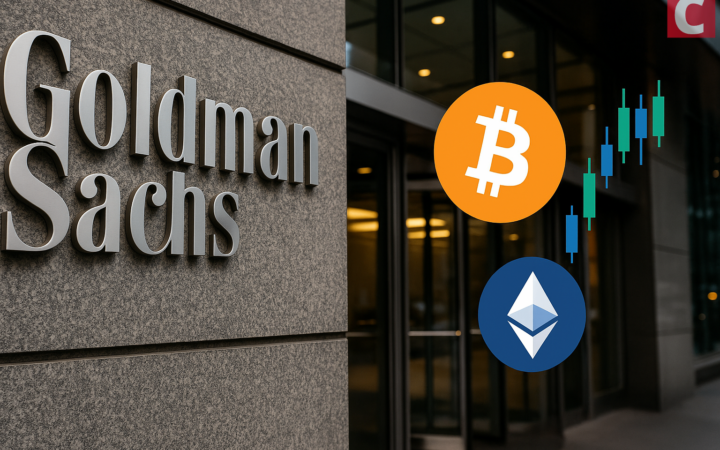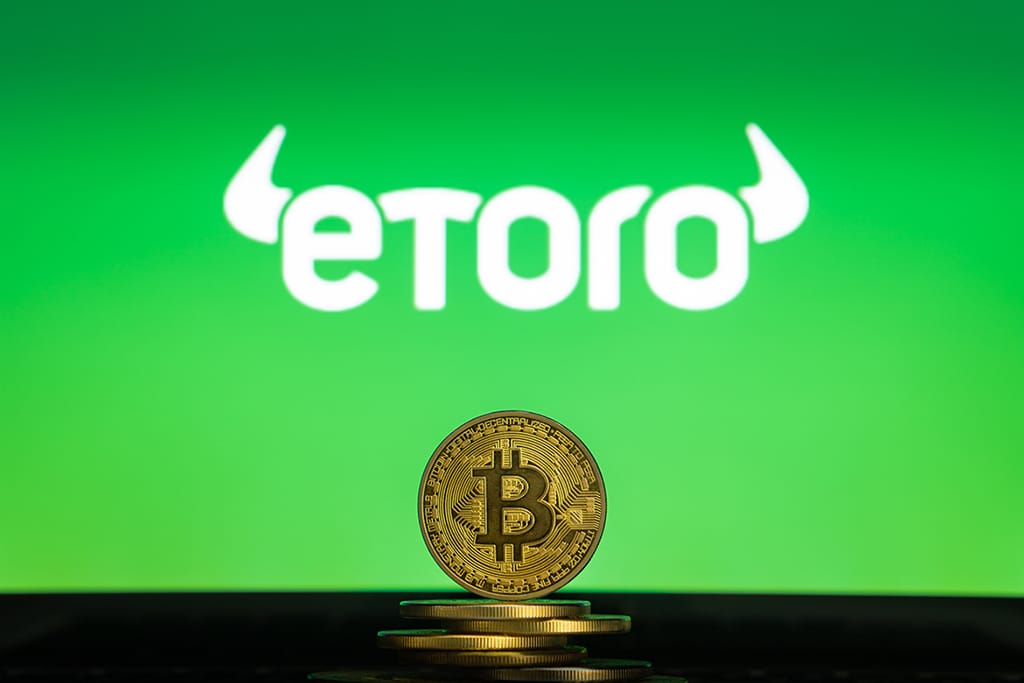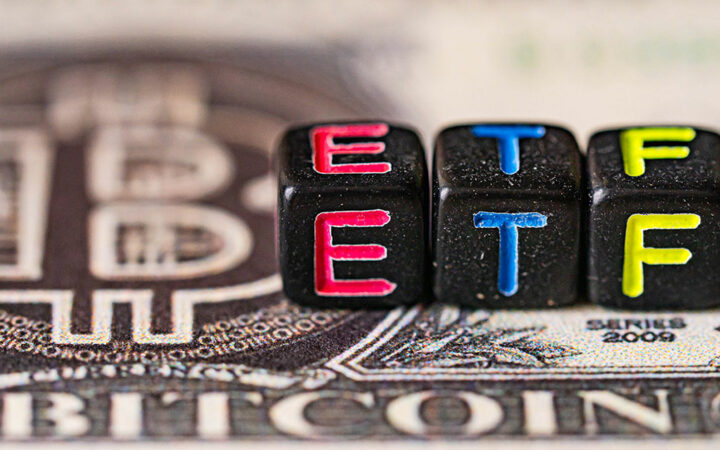
Please check out latest news, expert comments and industry insights from Coinspeaker's contributors.
Goldman Sachs experts said that the Norwegian krone is a well-positioned currency to use it for betting against the U.S. dollar.

As economies open up after the covid19 lockdowns, Goldman Sachs experts are recommending shorting the USD against certain currencies despite its traditional safe-haven status among investors.
According to a release seen on Sunday, analysts Zach Pandl and Kamakshya Trivedi who are co-heads of global foreign exchange for the company maintained that the Norwegian krone has definite advantages based on the country’s fiscal policy and other metrics that has shored up support for the currency. It is on record that the country’s medical infrastructure puts it ahead of many others, effectively minifying the effects of the pandemic on the economy.
The release shows that Goldman Sachs has already taken up a short position on the USD even though its analysts are of the opinion that it is still early to conclude a sustained weakened dollar considering cyclical risk. However, the release posited that it is attractive to short the currency in certain crosses. Among the factors considered in making the inferences is the gradual opening process and the fact that available data does not explicitly point to an increase in COVID-19 infections in the country.
There is also the EU Recovery Fund comprising 750 billion euro ($834.1 billion) earmarked to help struggling European economies in the face of the coronavirus pandemic.
The Goldman Sachs team outlined that the Norwegian krone is best positioned for a sterling performance throughout the rest of the crisis. The krone presently trades at 9.68 to the USD. Its strength stems from the fact that while other countries limit their fiscal policy to borrowing, Norway focused on fund repatriation from its investments overseas. In a recent policy statement, Norway announced that it would further increase daily transactions from NOK 2.1 billion to NOK 2.3 billion in its quest to improve economic buoyancy.
The country has reported 8,440 cases of the viral infection that has killed 371,000 globally. With Norwegian deaths at 236 as of Monday, it is evident that the measures employed by the country have been effective in containing the disease. A March 12 containment policy ensured that the country developed substantial testing capacity which has been instrumental in the control of the pandemic.
Norwegian businesses were not left out in a stimulus package rolled out by the government in three phases. The March palliative guaranteed that businesses impacted by the pandemic had access to a state-backed loan.
Short selling as recommended by Goldman Sachs analysts involves borrowing a currency while anticipating that its value would drop within a specified period. The borrowed funds are sold at the current market price. When the expected price drop happens, the short seller buys back the currency and pays back the loan. The profit is made from the depreciation within the specified period.
Disclaimer: Coinspeaker is committed to providing unbiased and transparent reporting. This article aims to deliver accurate and timely information but should not be taken as financial or investment advice. Since market conditions can change rapidly, we encourage you to verify information on your own and consult with a professional before making any decisions based on this content.

Please check out latest news, expert comments and industry insights from Coinspeaker's contributors.




